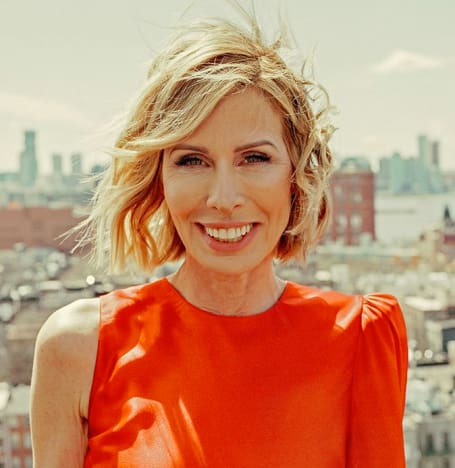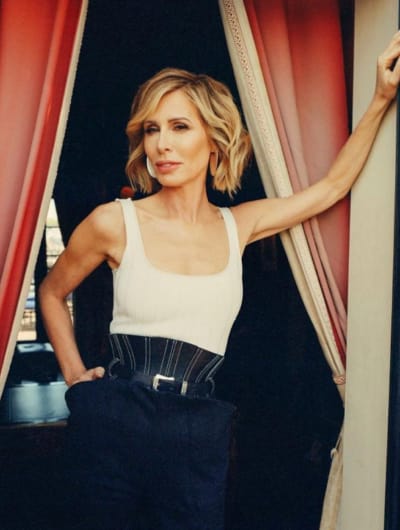In real life, Bethenny Frankel is mourning Dennis Shields, both in private and in public. On the The Real Housewives of New York City reunion, however, she’s been facing off against her frenemies.
Carole Radziwill accused her of bullying her now that they’re no longer friends.
Some RHONY fans took issue with her accusation, and Carole took to Twitter to defend herself. Who is right?
Towards the end of The Real Housewives of New York City Season 10, Episode 21, ex-friends Bethenny and Carole did a postmortem on how their friendship ended.
“What she does is, she creates this narrative, this false narrative about me,” Carole accused. “This false narrative that I’m some girl who’s this, this and this.”
“It’s completely false,” Carole said as she aired her grievances. “Half of it is lies.”
When Bethenny interrupted, Carole said: “Are you going to continue to bully me, or am I going to be able to speak?”
Multiple times, Carole doubled down on her accusation that Bethenny is a bully who has been bullying her.
“Let’s stop using the word bully,” tweeted a fan. “These women are getting paid a lot more of money to be on this show. It’s a choice.”
The fan points out that, in contrast: “When children are getting bullied in schools or People for being different are harassed. That’s bullying.”
Carole replied … and shared that she disagreed.
“I get your point but don’t belittle what is happening here,” Carole wrote in her tweet. “[Obviously] I can handle it but kids need to know…..mocking someone and talking over a person is an intimidation technique. I.e. Bullying 101.”
“If they learn to stand up against that,” Carole wrote. “The bully won’t be quick to escalate it.”
But fans weren’t letting Carole off of the hook.
“You need to think carefully about the word bully,” a fan tweeted. “You haven’t been bullied at all. You both don’t like each other. You both said hurtful things. Move on.”
The fan cautioned Carole: “Don’t undermine others that have had their lives ruined by bullying by saying what has happend with you and Bethenny is bullying.”
“No I disagree,” Carole wrote. “We need to call out even the smallest infractions as bullying. Only this way we can change the dynamic.”
Carole continued: “Just like the #metoo movement is calling out ALL inappropriate actions. Men will pause next time they reach for a girls shoulders to rub. Change happens slowly.”
Fans remained unconvinced, and continued to try to explain to Carole that bullying refers to a specific dynamic between perpetrator and victim.
“So where’s the power differential in this situation?” tweeted a fan. “Where’s the intimidation? Where’s the fear? Where’s the helplessness?”
Carole is a rich white woman who is related to royalty. Her potential pool for who could conceivably bully her is pretty narrow.
“She has a choice,” wrote another fan. “Bullied people don’t have a choice. It was an argument between two friends that aren’t getting along right now.”
This is a very complicated topic. A lot of terms — especially buzzwords — get thrown around and then misused until they’re all but meaningless.
Most people would look at two former friends who are no longer again and say that they are feuding. One says cruel things about the other? That’s feuding.
In contrast, the only Muslim kid at a middle school isn’t “feuding” with some mean kids on his bus. A gay child isn’t “feuding” with the classmates who tell him to hang himself.
At the same time, is the definition of bullying as narrow as these fans suggest? Perhaps there are different types of bullying.
Language is complicated, and both the literal meanings of words and the connotations of those words can evolve over time.





